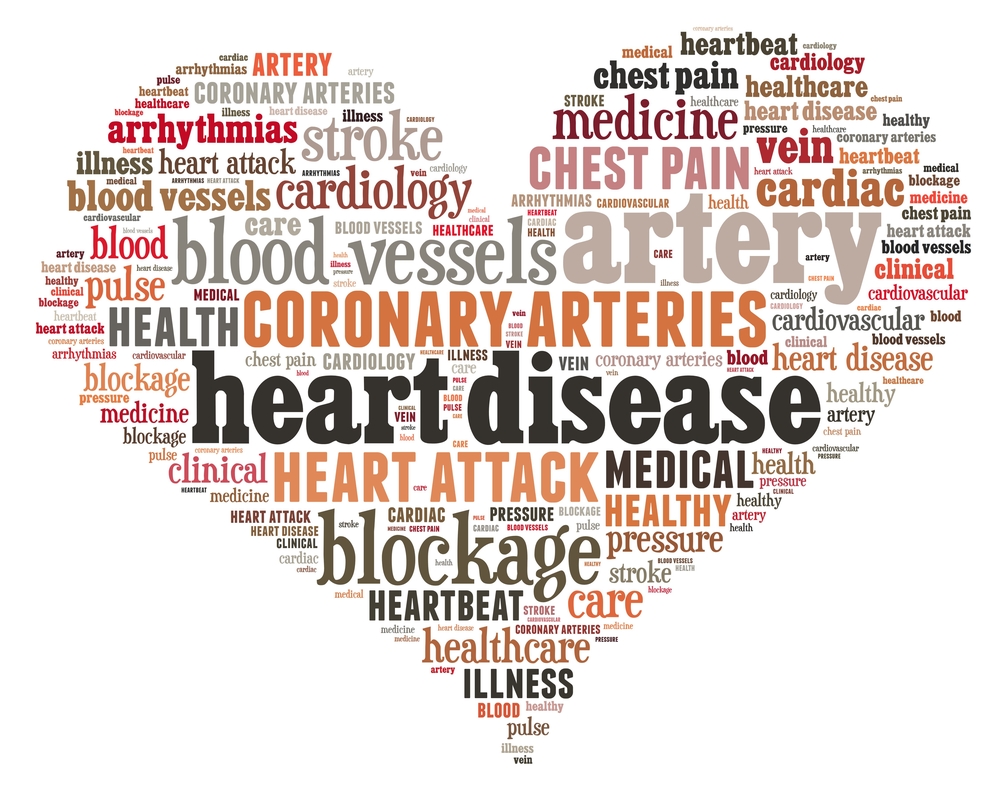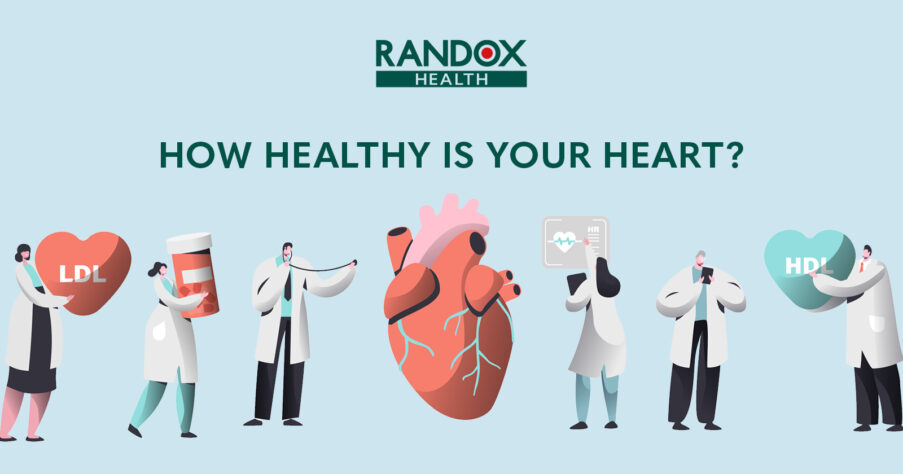06/03/2023
Being proactive in exercising and eating a healthy balanced diet, is of course fundamental for us to keep our hearts at their most efficient and healthiest, but when it comes to measuring the health of our heart and detecting risk factors for cardiovascular disease, it becomes a bit more complicated. The NHS state some factors like high blood pressure rarely has noticeable symptoms. This poses the question, is there truly such thing is a heart health check?
Why is it so important to keep our Heart Healthy?
Acting as our body’s natural engine, the heart is one of our most vital organs. NHS Inform describe the heart as being the centre of your circulation system, pumping blood around your body as your heart beats. Maintaining a healthy lifestyle ensures that this blood sends oxygen and nutrients to all parts of your body and carries away unwanted carbon dioxide and waste products. Despite this being common knowledge, according to The British Heart Foundation heart disease still causes a quarter of all deaths in the UK, and approximately 7.6 million UK adults live with a heart or circulatory disease.

What are the main risk factors of heart disease?
There are many contributing factors to cardiovascular/circulatory disease however the below 5 risk factors are among the biggest and most common contributors:
1. Obesity
Those who are overweight or obese have an increased risk of not just circulatory disease but type 2 diabetes too. However, weight isn’t the only thing to be considered here as those with a large waist size also are at a higher risk of high blood pressure, stroke, and heart disease. If you are at a BMI higher than 25 or have a waist size over 94cm (men) or 80cm (women), losing this weight will help reduce your risk but ensure it’s small, long-term changes such as reducing portion sizes and regularly exercise.
2. Hypertension (High Blood Pressure)
When our hearts pump blood, the blood when moving pushes against the sides of our blood vessels. This is our blood pressure and if too high, it puts extra strain on the arteries and our heart, causing ischemic strokes, heart attacks and more according to bloodpressureuk.org. A common cause for this is high cholesterol plaque levels causing our arteries to become hard and narrow making our heart struggle further to pump blood.
3. Diabetes
If you are diabetic, having poor heart health makes other diabetic complications worse and can cause problems in your eyesight and feet. Diabetes also has an impact on our cardiovascular health as diabetes.org report that every week, diabetes causes 530 heart attacks and 680 strokes in the UK. High blood sugar levels can cause damage to blood vessels even if it’s for a short period of time as a diabetic person’s body can’t use all the sugar properly. This cause it to stick to red blood cells causing a build-up that can block and damage blood vessels, starving your heart of oxygen.
4. Smoking
Smoking is also among the highest causers of cardiovascular disease with coronary heart disease and ischemic stroke according to ash.org & WHO
Smoking damages our arteries’ lining and due to a chemical called acrolein, it changes the way we process cholesterol, allowing higher amounts of LDL (bad) cholesterol to stay in our blood system and decreases the function of HDL (good) cholesterol. Understanding these levels is an integral part of measuring someone’s current and future risk of cardiovascular disease and is a common marker among full-body and specifically, a heart health check. Ash.org also state that to reduce a smoker’s risk of CVD, smoking must stop completely as smoking reduction alone is unlikely to reduce risk significantly.
5. Genetics
Often overlooked as a factor, heart disease doesn’t just stem from lifestyle or dieting choices but can be inherited from our parents. A genetic variation or mutation in one gene can affect our likelihood significantly in developing heart disease. One of the most prevalent genetic conditions affecting the heart is Familial Hypercholesterolemia (FH) which according to the British Heart Foundation, affects roughly 1 in 250 UK adults. This mutation limits a person’s ability to remove LDL cholesterol from their blood, meaning from birth their cholesterol is high and their risk of heart disease is consistently higher than normal because they’ve had high cholesterol for so long.
Ways to Improve your Heart Health
Most of the above risk factors can be prevented by ensuring our heart is consistently at a healthy state which can be achieved in multiple different ways:
- Tracking your Heart Rate – To determine cardiovascular fitness, monitoring your resting heart rate is a good value to look at. The British Heart Foundation state that the range to aim for a good resting heart rate for adults is anywhere from 60 to 100 per minute. However, if you have a resting heart rate consistently over 100 beats per minute then you need to seek medical advice as this is associated with heart attacks.
- Eat some heart healthy foods – staying away from food high in sodium is essentially here as salt intake correlates with an increase in high blood pressure. Heart UK suggest that we should instead incorporate leafy green veg like spinach and kale, whole grains, avocados, and fatty fish rich in omega 3
- Losing weight – While it may be obvious , it’s a huge contributor to a healthier heart with AgeUK stating that a reduction in 5% in body weight for those that are overweight improves your metabolic profile meaning that if you have high blood pressure or cholesterol, those levels come down at a much quicker rate.



How A Heart Health Check Happens.
With us mentioning high blood pressure, cholesterol and blood sugars being an important factor to measure, they all share the same method of diagnosis which is a single blood test. Randox Health’s full-body health check programme, The Everyman | Everywoman, looks at 150 data points in your body in the form of 20 different panels including a full blood count, diabetes health, heart health, nutritional health and much more. This includes 2 health checks within a year, both producing a personalised health plan detailing results along with advice from our health scientists on the next steps to take.
Only concerned with your heart health? Randox Health also have both in-clinic AND at-home heart health testing, prioritising cholesterol & apolipoprotein ratios to detect cardiovascular issues either at one of our 18 clinics across the UK or in the comfort of your own home.
Genetic Familial Hypercholesterolemia
If you have concerns regarding your heart health despite living a healthy lifestyle, then it’s important to also consider genetic testing. Randox Health provide genetic testing for FH as well as 174 different genes related to 17 potential inherited cardiac conditions. After consultation with a genetic councillor on what the test means for you and close family, a blood sample is taken at our clinics which we can use to assess not just your risk but the risk of any of your close family too and advise on any future steps.





